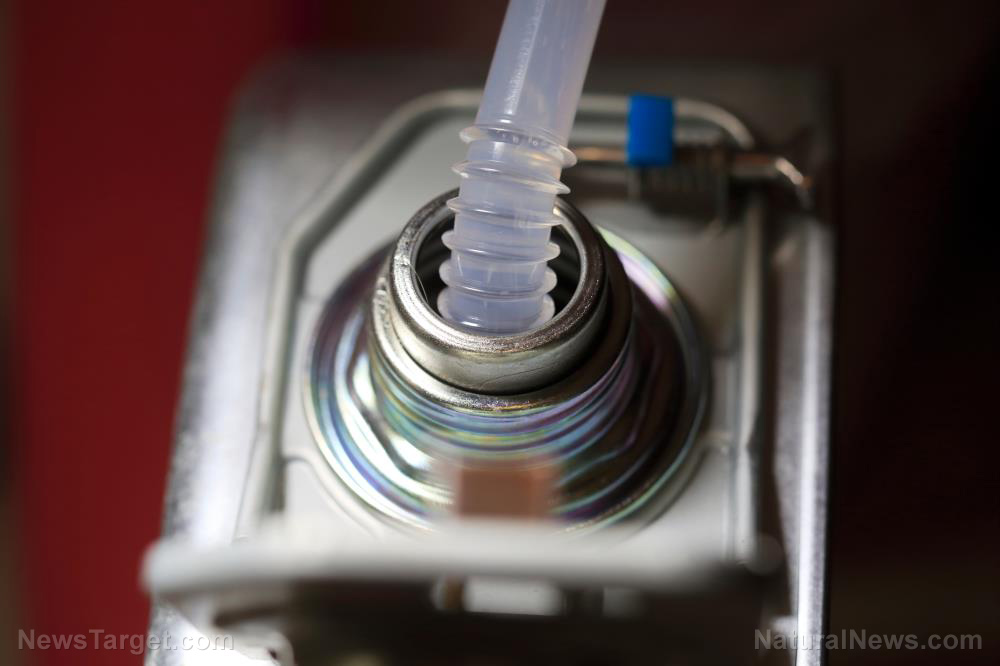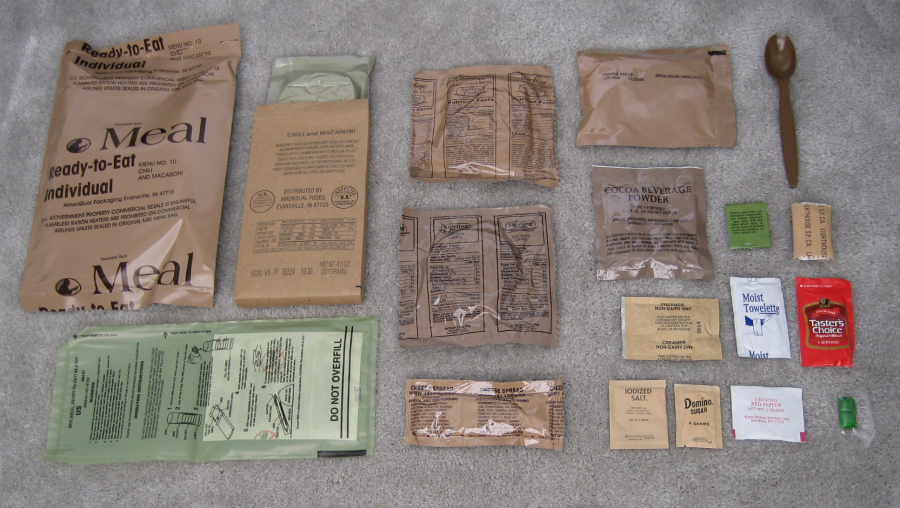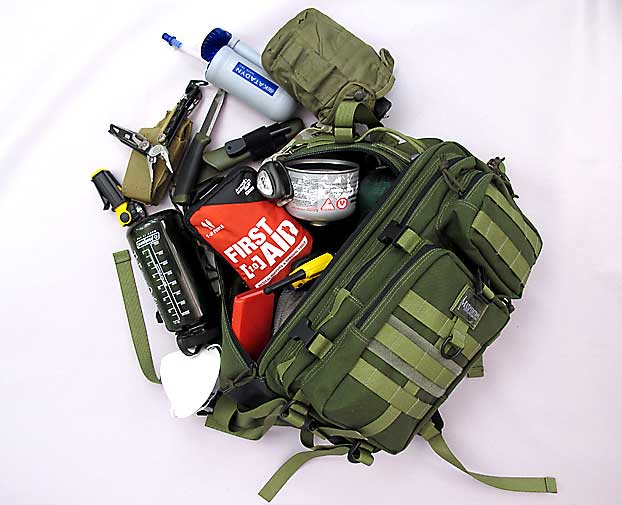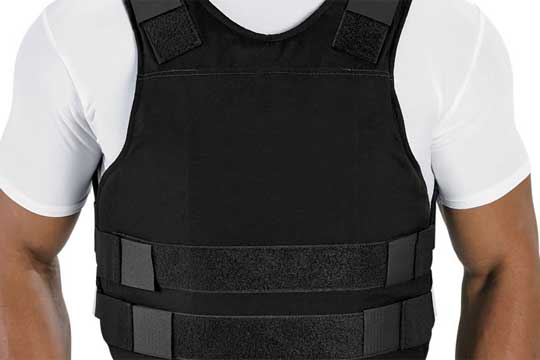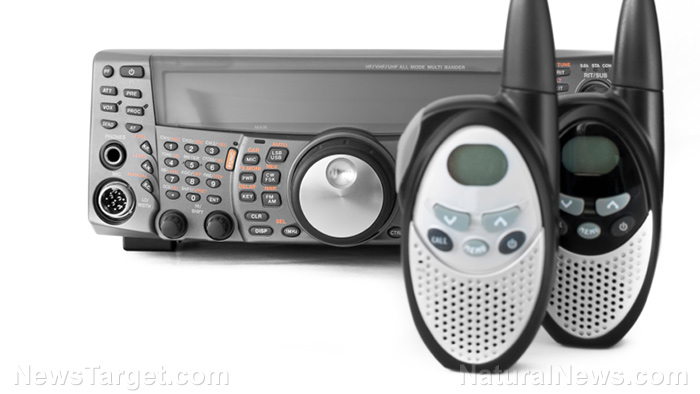10 Things to consider before purchasing a generator
10/05/2021 / By Virgilio Marin
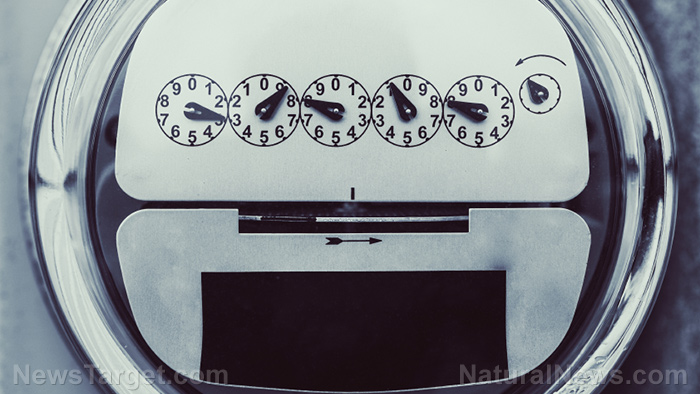
Grid failure is a major concern for societies that are heavily reliant on the power grid. It may seem unlikely but the truth is that America’s power grids are highly vulnerable to EMP attacks and extreme weather. Since you need electricity to power your home, it’s important to have a generator installed before SHTF so you can keep essential appliances on during a blackout.
Choosing the right generator for your survival shelter
Choosing the right generator can be challenging due to the sheer number of generators on offer at hardware stores. But knowing what you’re looking for can help narrow down your options. Here are 10 things to consider before buying a generator: (h/t to Survivopedia.com)
1. Generator size
Your generator should be able to provide the amount of electricity necessary to power your survival shelter. To figure out the right size generator for your home, list down all the appliances and devices that you need to survive. Then check how many watts (W) it takes to run each of them.
A unit’s wattage is usually listed, but if it’s not, look for its required voltage (V) and amperage draw (A). Multiply and the resulting number is the unit’s wattage. For example, a 110 V unit drawing 11 A per hour has an hourly energy demand of 1,210 W. If your appliance has a motor, such as refrigerators and air conditioners, you have to further multiply the initial product by three.
Once you know the wattage requirements of your devices, add them up. The sum is the minimum amount of power your generator should be able to provide.
2. Type of generator
You need to choose between a conventional and an inverter generator. The latter is a generator that produces direct current and converts it into alternating current using a built-in device called an inverter. It’s quieter, more fuel-efficient and more lightweight but is more expensive than a conventional generator.
3. Suitability with computers
You may need to keep your computer on for work or to stay updated with the news. As such, your generator should be suitable for your computer too. Choose a brushless generator with a low harmonic distortion rating as this works the best for computers. (Related: 5 Machines preppers need in their homestead before disaster strikes.)
4. Portability
Whether you should buy a portable or a standby generator depends on your survival plan. Choose something portable and easy to carry if you plan to bug out to an off-grid location. If you plan to bug in, choose a standby generator.
5. Type of fuel
Diesel generators are more expensive than gas generators because they are more fuel-efficient and have a longer engine life. At the same time, they smell, produce smoke and make a lot of noise.
6. Fuel consumption
You need to estimate how much fuel your generator consumes. Manufacturers usually indicate a model’s fuel requirement, but in general, the bigger the generator, the more fuel it consumes.
7. Cost
When it comes to cost, you should look beyond the sticker price to really get the bang for your buck. While some cheap models are able to produce the same amount of power as expensive ones, they may not be as long-lasting so you need to pay for repairs or buy a new generator altogether.
8. When to buy
As with other survival essentials, you should buy a generator before SHTF to be prepared for grid-down situations.
9. Features to look for
Here are a few features to look for when buying a generator for your survival shelter:
- Overhead valve engine for longer life and less noise
- Auto-idle control to reduce noise and fuel consumption
- Low oil shutdown feature to prevent engine damage
- Large fuel tank
- Wheel kit to lift a heavy generator
10. Other options for a generator
Gas and diesel generators are just two of the many types of generators you can choose from. You can also look into solar, wind and hydro generators if you wish to go green.
A generator will power your survival shelter during grid failure. Buy the right one for your home before SHTF to be prepared for blackouts.
Sources include:
Tagged Under: blackout, bug in, electricity, energy, generator, grid down, grid failure, homesteading, off grid, power grid, Power Outage, preparedness, prepper, prepping, SHTF, survival, survival gear, survivalist
RECENT NEWS & ARTICLES
COPYRIGHT © 2017 OFFGRID NEWS



